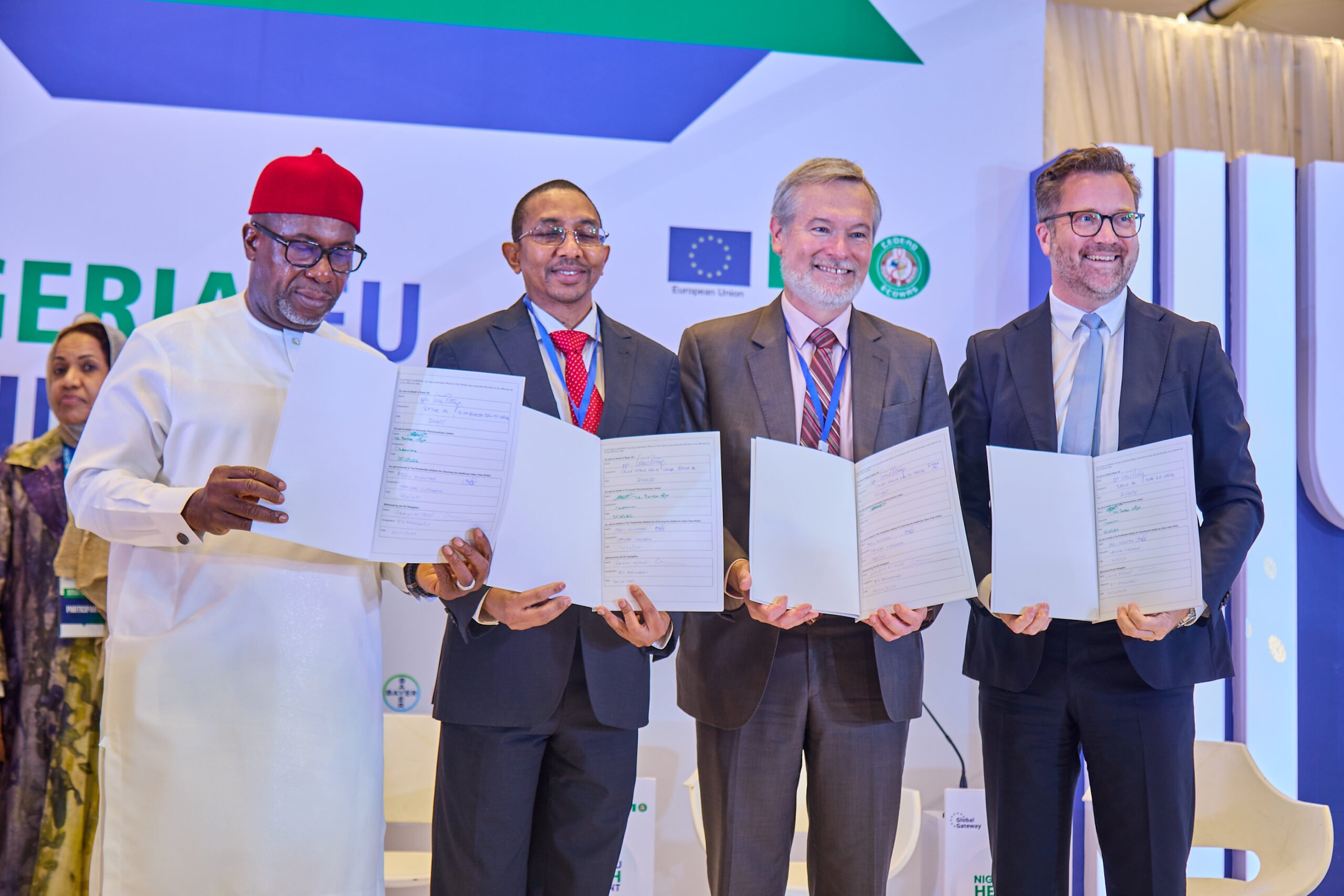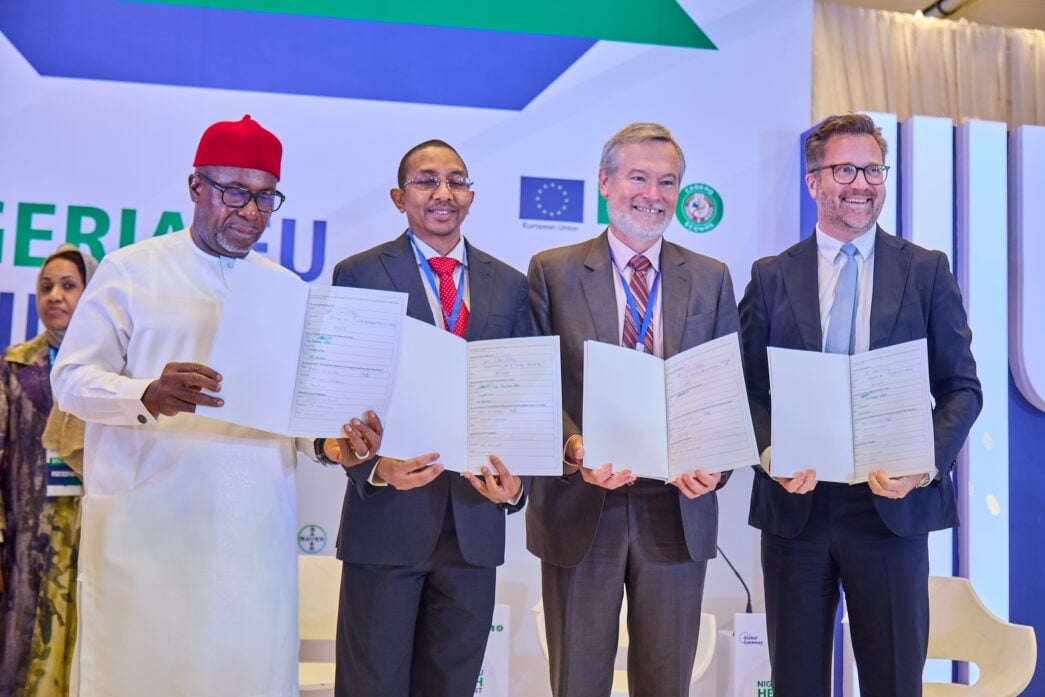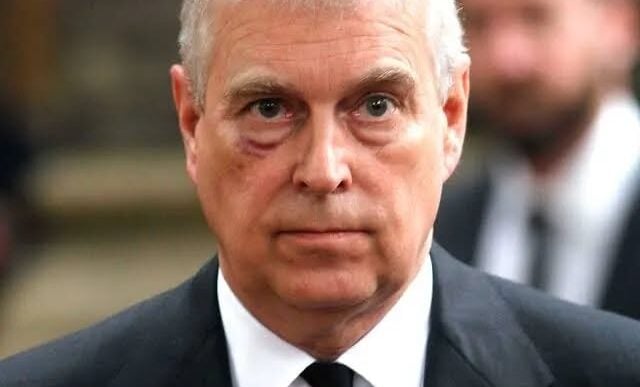The federal government, in partnership with the European Union (EU) and ECOWAS, has signed three agreements aimed at boosting local manufacturing, stimulating investment in the pharmaceutical sector, and strengthening reproductive health and rights in West Africa.
The agreements — enabling local manufacturing of health, immunisation and nutrition commodities in Nigeria (ELM-N), quality uplift for advancing local industry in medicine standards (Qualimeds Nigeria) and strengthening reproductive health and rights (SRHR) in West Africa — were signed on Thursday at the Nigeria-EU health investment forum held in Abuja.
The initiative forms part of the EU’s global gateway manufacturing and access to vaccines, medicines, and health technologies (MAV+) programme, designed to build a stronger and more resilient health ecosystem across Nigeria and the subregion.
Speaking at the signing, Vice-President Kashim Shettima said the agreements reaffirm the federal government’s resolve to build a sustainable, inclusive, and innovation-driven health economy.
Advertisement
Represented by Uju Rochas, his senior special assistant on public health, Shettima said the initiative aligns with President Bola Tinubu’s executive order on the local production of pharmaceuticals and medical devices.
“Through the Presidential Initiative for Unlocking the Healthcare Value Chain (PVAC) and complementary frameworks such as the sector-wide approach (SWAp), this administration has taken concrete steps to strengthen health governance, stimulate investment, and promote local manufacturing,” he said.
“Our message is clear: Nigeria is open for health investment, innovation, and impact. The President has declared that Nigeria’s health transformation will not be driven by aid and dependency alone, but by ownership, accountability, and innovation made in Nigeria, for Nigerians, and by Nigerians.”
Advertisement
Shettima commended the EU, PVAC, and the National Institute for Pharmaceutical Research and Development (NIPRD) for their collaboration, saying the partnership would usher in “a new chapter defined by shared prosperity, local innovation, and global collaboration”.
Gautier Mignot, EU ambassador to Nigeria and ECOWAS, said the forum demonstrates Team Europe’s shared commitment to improving health through strategic investments.
“Working alongside all our partners, including Nigerian authorities, the United Nations, and the private sector, we must build robust, resilient, and efficient health systems to ensure prosperity for all,” Mignot said.
He said the EU has been a long-standing partner in Nigeria’s health sector, funding programmes on immunisation, medical research, family planning, and reproductive health.
Advertisement
“We continue to support Nigeria through our Global Gateway initiatives, particularly reproductive, maternal, and child health, where we have an ongoing €45 million project in Nigeria and nearly €25 million across West Africa,” he said.
Mignot added that the EU’s goal is to move from aid to “peer-to-peer collaboration” through a dynamic investment strategy focused on sustainable development.
Abubakar Bagudu, minister of budget and economic planning, said the agreements came at a time when Nigeria is reforming systems and expanding investments to make healthcare more accessible.
“The absorptive capacity of the Nigerian economy is enormous. We believe that both the EU and Nigeria can win together as we build mutual prosperity,” he said.
Advertisement
Muhammad Ali Pate, minister of health and social welfare, represented by Olubunmi Aribeana, director of food and drug services at the ministry, said the government is committed to ensuring that made-in-Nigeria health products serve both the country and the wider region.
“Local production of health commodities is not merely an economic choice; it is a strategic health security priority,” Pate said.
Advertisement
“By scaling up domestic manufacturing of medicines, diagnostics, vaccines, and other health technologies, we can strengthen universal health coverage and regional self-reliance.”
Advertisement











